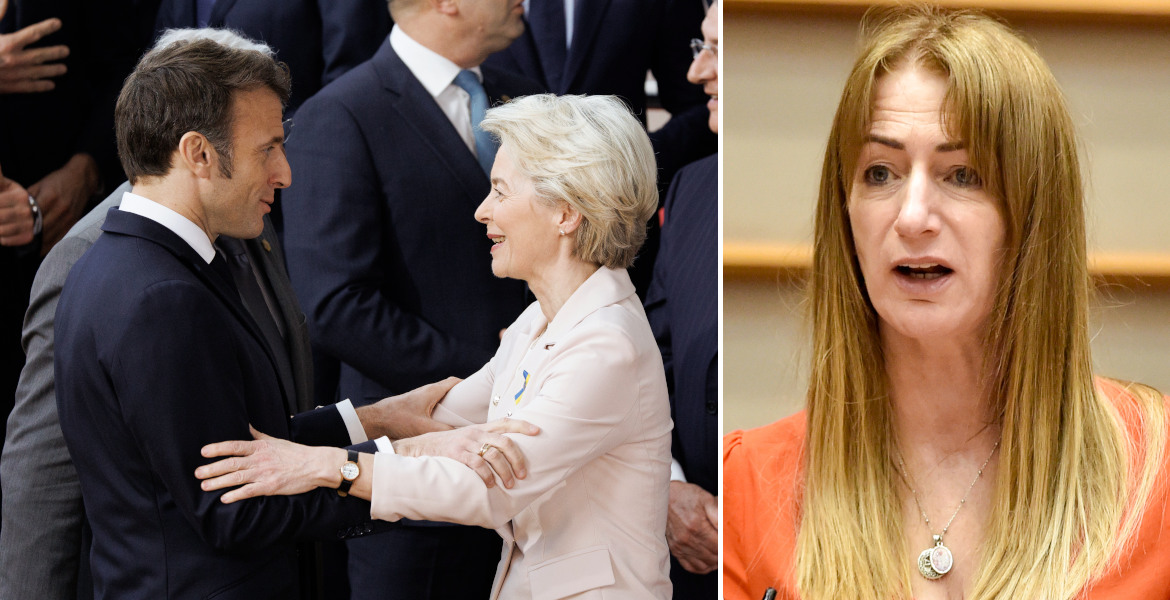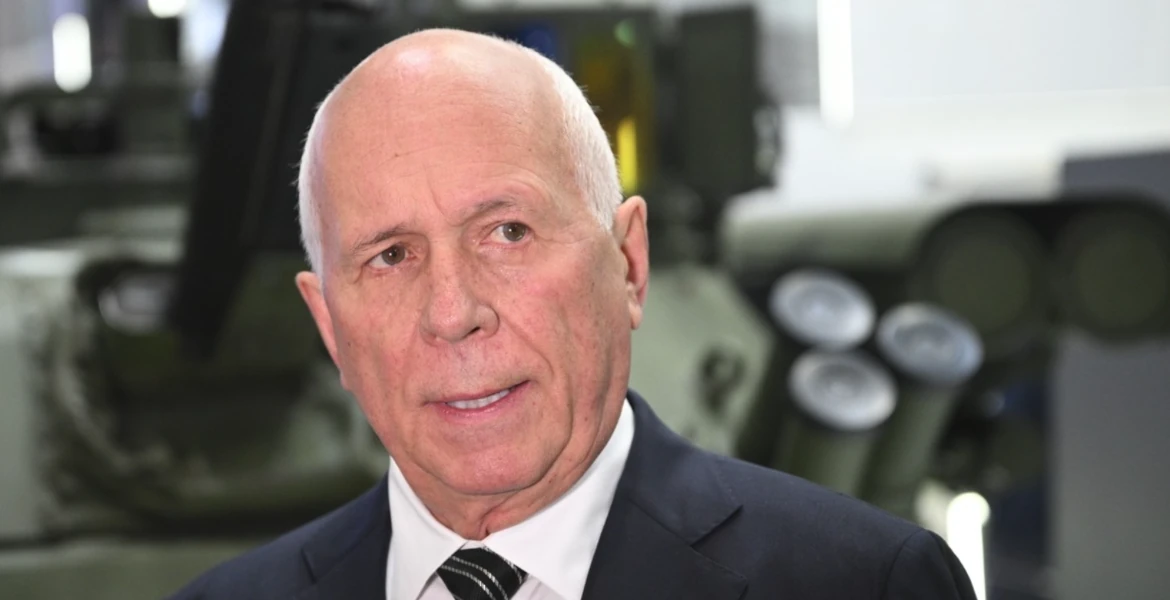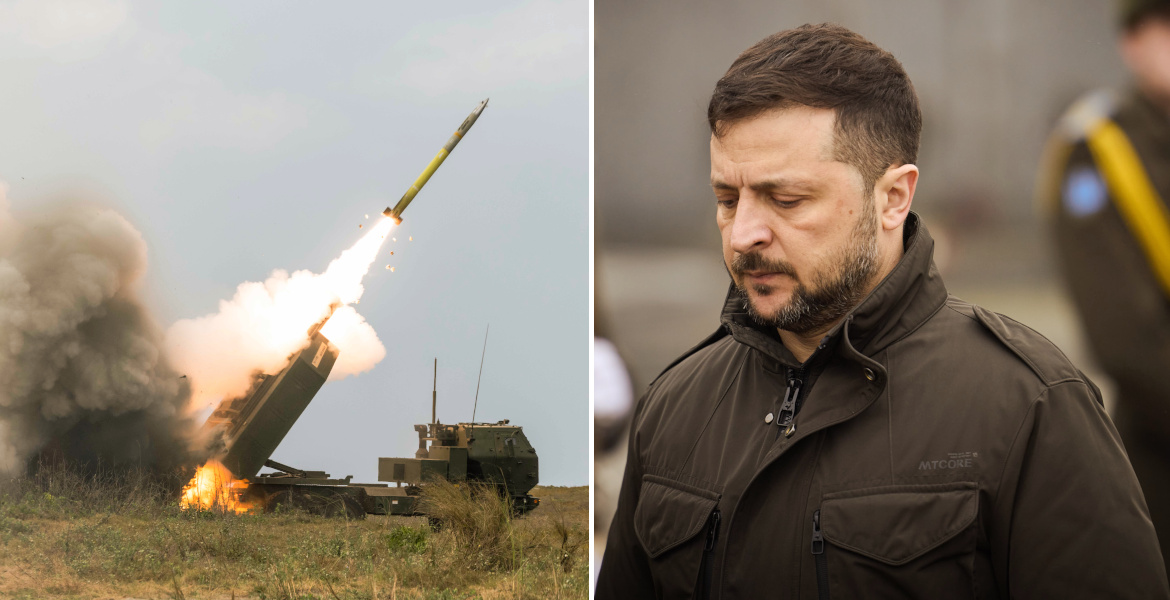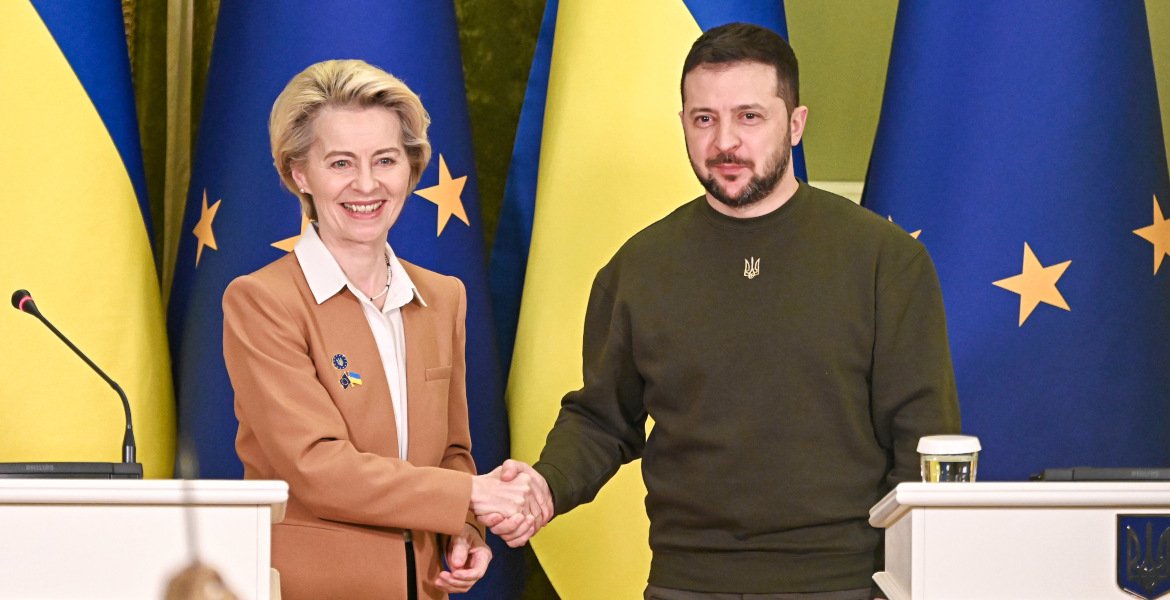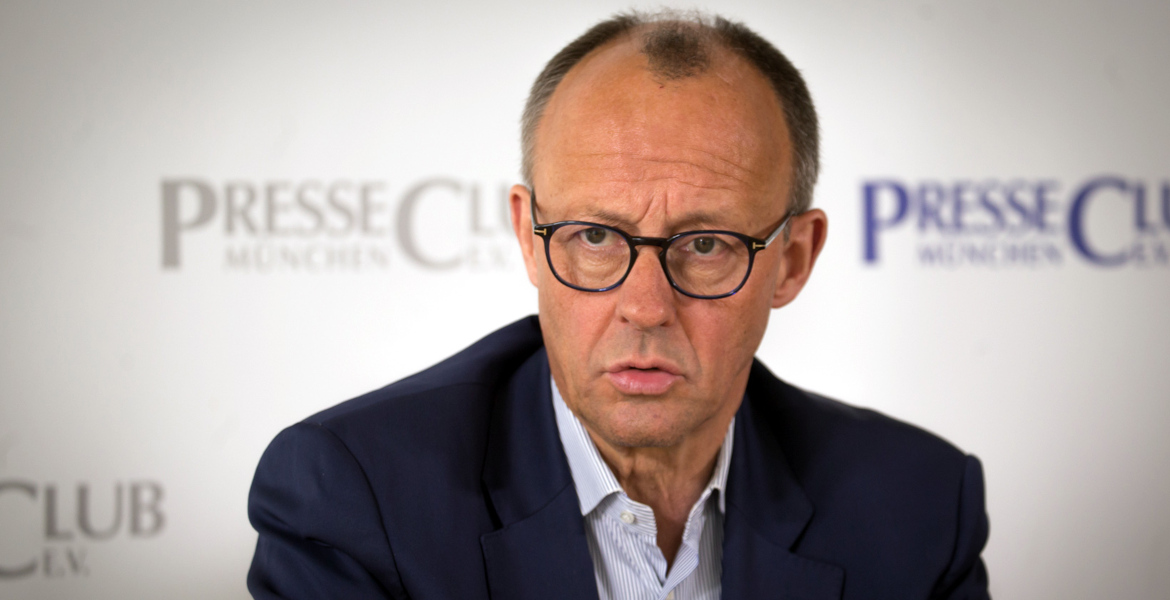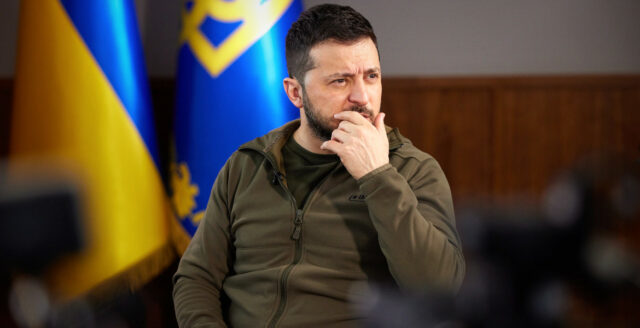Irish leftist and former MEP Clare Daly is highly critical of EU leaders' escalation of the war in Ukraine, describing Europe's leading politicians as "brain dead".
She points out how those in power seem to live in a bubble where "media tells them what to hear and their industrial lobbyists are leading them on, particularly in the defense sector".
The Nordic Times has long monitored developments in Europe and highlighted how several European leaders seem to strive to further escalate the war in Ukraine and would rather drag the entire continent into a potential major war than to bring about peace, if Russia is considered to benefit from this.
One of the many critics of the war rhetoric is Irish left-wing politician Clare Daly, who was a member of the European Parliament until last year and has consistently opposed sanctions and European involvement in the war.
Daly has described the war in Ukraine as a "proxy war" waged by the EU and the military-industrial complex against Russia, pointing out that it is the people of Europe who are paying the price for war and sanctions.
Where are the peace efforts?
In an interview on the Going Underground media channel, she elaborates on her argument, saying that Europe's leaders are "completely incompetent" and live in a bubble surrounded by establishment media that constantly tells them they are making the right decisions.
Daly points out that the mainstream media has recently openly declared that it is important to work to create fear among Europeans if it wants to gain popular support for introducing various military reforms – and that this has also had a major impact.
She points to how groups of parents of schoolchildren in Belgium send messages to each other about the need to stock up on survival supplies quickly, and how the Finnish government has urged citizens to get solar-powered radios in case of war.
– Where is the effort to stop war for diplomacy? That's what the united nations and international relations were supposed to be. The peaceful resolution of conflict, instead in the war in Ukraine, they have done absolutely everything to keep it going.
CLARE DALY: EUROPE’S LEADERS LIVE IN A BUBBLE, BRAIN DEAD FOR WANTING TO KEEP THE UKRAINE PROXY WAR GOING
‘Europe’s leaders are completely incompetent. They live in an absolute bubble, they’re surrounded by a compliant media that tells them they’re doing the right… pic.twitter.com/vgHCwspI4v
— Going Underground (@GUnderground_TV) March 8, 2025
"The war will continue - whatever the consequences"
Commenting on Trump's meeting with Zelensky at the White House, she said the US president was telling the truth when he said the war could have been over in two weeks.
– What Zelensky should have said was well it actually would have been over in four weeks but the US and Britain came in and told us to keep fighting. But he didn't the say that but that's the truth.
– They want the war to keep going regardless of the devastating consequences. I think many citizens in Europe see that. But its almost as they are powerless to do anything about it, because the organizations and the parties of the left or whatever who used to speak out on these issues has been caught up in a ridiculous jingoism that could end up being incredibly dangerous for Europe. And of course US is delighted. Its hobbled a potential rival. Its mad stuff, she continues.
However, Daly does not primarily believe that EU leaders are fundamentally driven by evil motives or malice – but that the bubble they live in has made them "brain dead".
– They’re brain dead, they are completely in a bubble. Their media tells them what to hear and their industrial lobbyists are leading them on, particularly in the defense sector.
– But it's the people in Europe who are going to lose out and lose out badly, she emphasizes.
